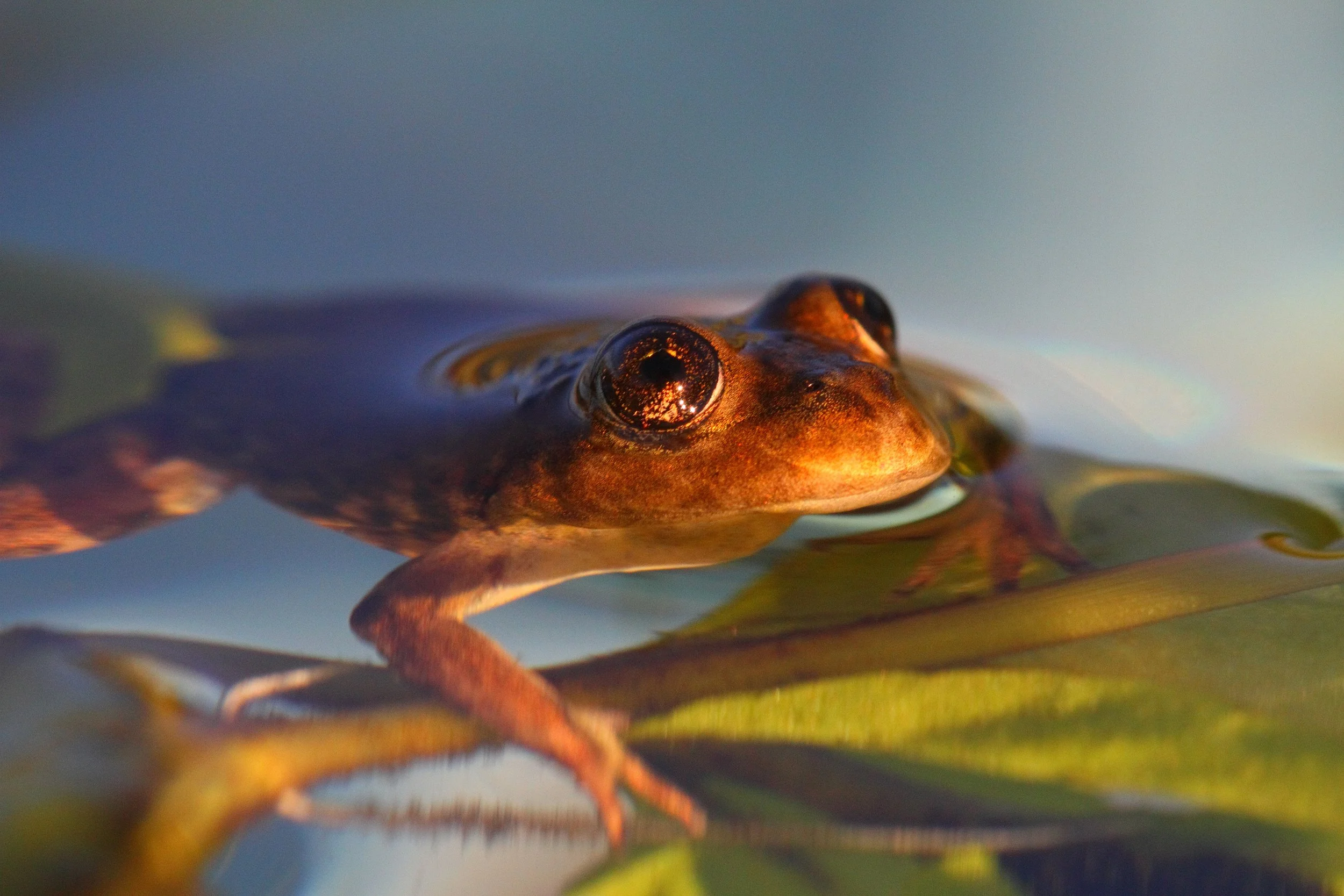Malaysia’s Dr Farina Othman Wins 2025 Whitley Award for Work with Bornean Elephants in Palm Oil Landscape
©Whitley Fund For Nature | Shervin Hess
Words by Whitley Fund For Nature
Covered by Lucy Jane Morris
IG: @conkernaturemagazine
IG: @lucymorriswild
First published 30th April at 8:00PM GMT
UK charity, the Whitley Fund for Nature, is recognising Dr Farina Othman with a 2025 Whitley Award for her work to save the last 300 Bornean elephants in the east coast of Sabah State in Malaysia’s Borneo amid shrinking habitat for the world’s smallest elephant.
“Seeing the struggles of elephants inspired me to dedicate my career to conservation.”
The founder and director of nonprofit, Seratu Aatai which means “solidarity,” Farina is addressing a rise in human-elephant conflict with palm oil stakeholders in Lower Kinabatangan. The elephant biologist is supporting companies and smallholders in implementing an “elephant friendly” approach to promote coexistence with the goal of creating a protected corridor network.
Charity Patron, HRH The Princess Royal, will present the £50,000 Whitley Award on 30 April at the Royal Geographical Society. The event will be livestreamed to YouTube.
There are fewer than 1,000 Bornean elephants left in the wild in three population ranges across Sabah. A subspecies of the Asian elephant, they’ve lost 60 percent of their forest habitat in the last 40 years, according to the International Union for Conservation of Nature, driven by logging and cultivation of palm oil. The extensive fragmentation and connectivity loss has significantly restricted elephant movement. The IUCN listed them on its Red List as Endangered for the first time last year.
Farina is focused on a stronghold in the Lower Kinabatangan where much of the original forest has been altered for economic development. As elephants navigate this changing landscape, their presence can pose challenges for farmers working to protect their livelihoods.
The floodplain, shaped by the Kinabatangan River, includes large estates and small family farms that cut through a fragmented network of protected forests. Eleven large palm oil companies own 40 percent of the land in Lower Kinabatangan and there are about 150 independent palm oil smallholders.
“Human-wildlife conflict is often treated as a local issue, but it is a global challenge linked to habitat loss, climate change, and unsustainable development.”
Solutions that support both conservation and sustainable agriculture will be key to fostering coexistence: with the Whitley Award project, Farina and her team will focus on engaging independent palm oil smallholders - farmers with 100 acres or less - as well as large plantations. Their plan includes citizen science; addressing best practices around habitat connectivity, such as fencing; and contributing to an ongoing strategic conservation initiative, the proposed Kinabatangan Biosphere Reserve.
Seratu Aatai, which Farina created in 2018, is well known among local communities, and is the only conservation organisation in Sabah dedicated uniquely to the conservation of the Bornean elephant. Genetically distinct from all other elephant populations, males grow to 4 metres in height. Orangutans, Sunda clouded leopards, sun bears and leopard cats are among the species that will benefit from Farina’s project in the area, which is an ecotourist destination, known for its oxbow lakes and tropical forests.
Farina’s citizen science initiative will include plantation personnel in identifying and monitoring elephant movements on estates in the Lower Kinabatangan to foster a deeper understanding of their movements and behaviours. Stakeholders will be trained in how to identify individual elephants and assess herd dynamics. Farina, who is also a senior lecturer at University Malaysia Sabah, says the data will be made available to Sabah Wildlife Department and other government agencies.
The Whitley Award project will agree guidelines for best practices, and standard operating procedures for adoption by palm oil companies that align with conservation policies and legal frameworks. These will address habitat connectivity and include the establishment of corridors and fencing. A monitoring plan will track the effectiveness of these interventions. Large plantations will offer training sessions to educate smallholders on sustainable farming practices, such as effective fertilisation and pest controls to minimize the impact on the local environment.
Under Sabah Wildlife Enactment 1997, individuals from local communities can become honorary wildlife wardens, empowered to implement the wildlife conservation laws. Trained Honorary Wildlife Wardens will educate students at plantation schools on safe interactions with elephants and conflict mitigation strategies.










































UK charity the Whitley Fund for Nature (WFN) is recognising seven outstanding conservationists with 2025 Whitley Awards and £400,000 ($529,000) in funding to sustain their work to revive wildlife species in Rwanda, Brazil, Colombia, Argentina, Nepal, Indonesia and Malaysia.
At a time when governments are cutting overseas aid, the funding will help to ensure a future for species and their broader ecosystems, including jaguars, Bornean elephants, brown spider monkeys, Javan gibbons, the El Rincón stream frog, Grey Crowned Cranes, as well as Yew trees and orchids.